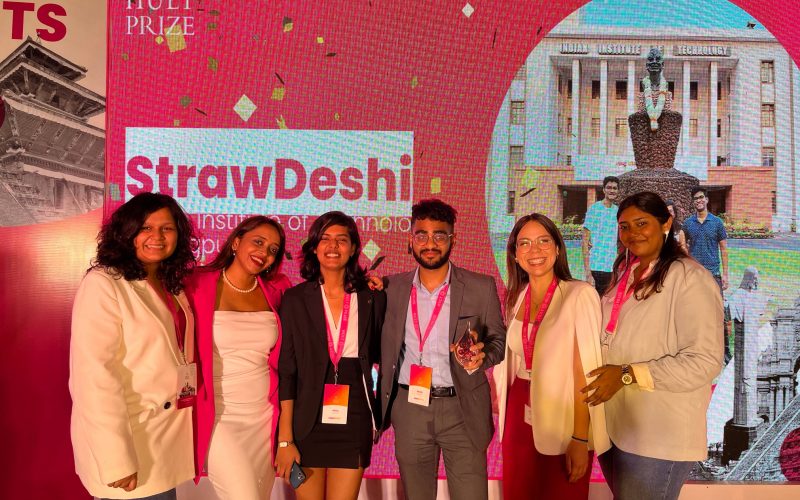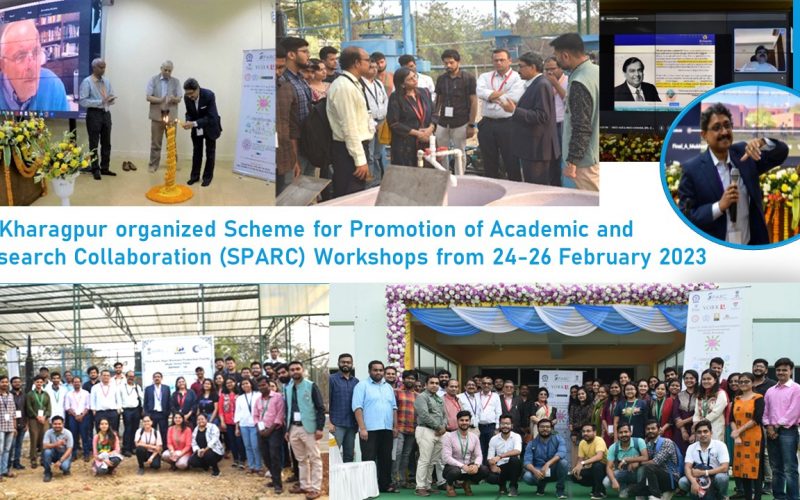
Hult Prize 2023 for Team StrawDeshi of IIT Kharagpur secures a spot in the Global Accelerator
Ideas and creativity are the most important human resources of all. Without ideas and creativity, there would be no progress, and we would be forever repeating the same patterns. Creativity is thinking up new things and innovation is doing new things. Team StrawDeshi comprising of fourth year students Ayushman Agrawal (Mechanical Engineering), Daivik Agrawal (Mechanical Engineering), Purva Agrawal (Mining) and Tanishq Mittal (Metallurgy) from IIT Kharagpur emerged as winners at the Mumbai Summit of the Hult Prize 2023. StrawDeshi competed among 40 teams in the campus round of the Hult Prize. Team StrawDeshi’s idea was to use agro-waste rice straw…


